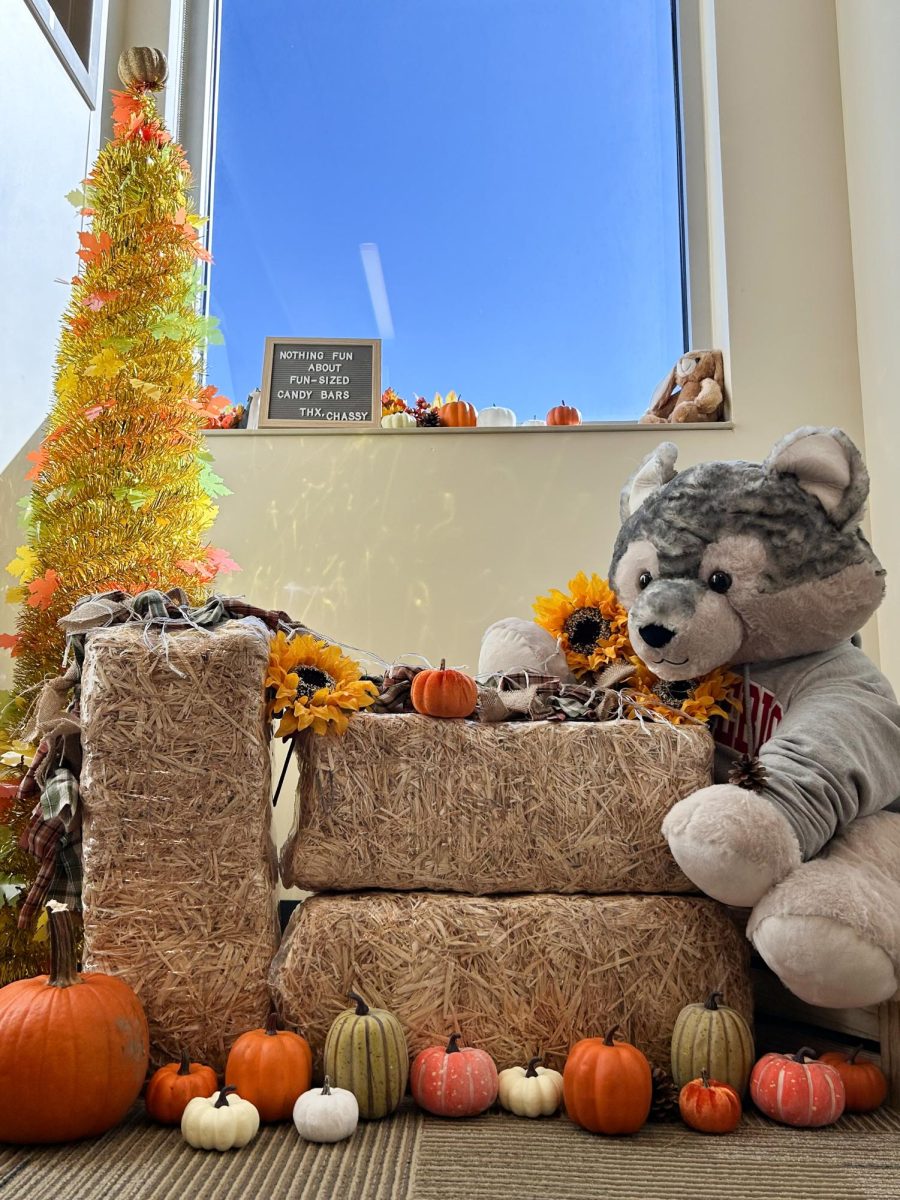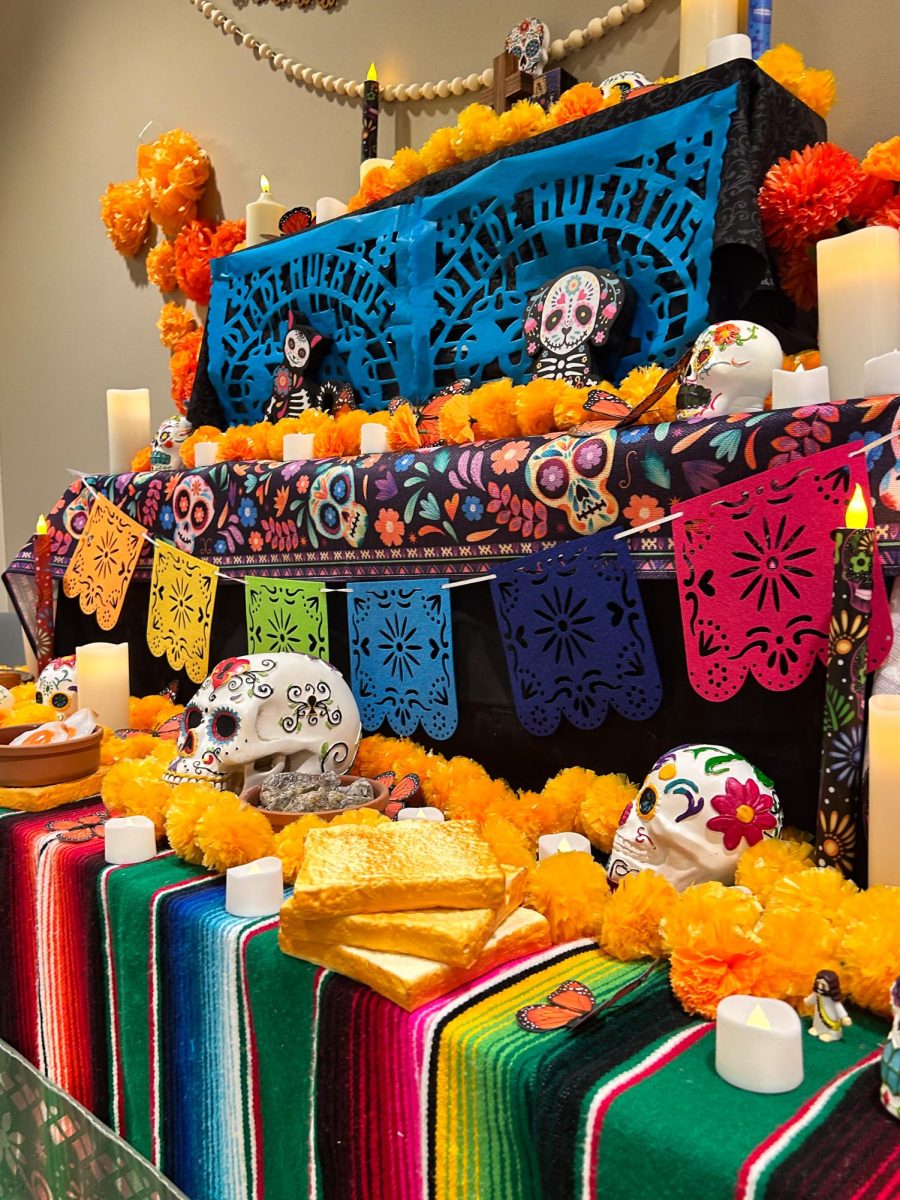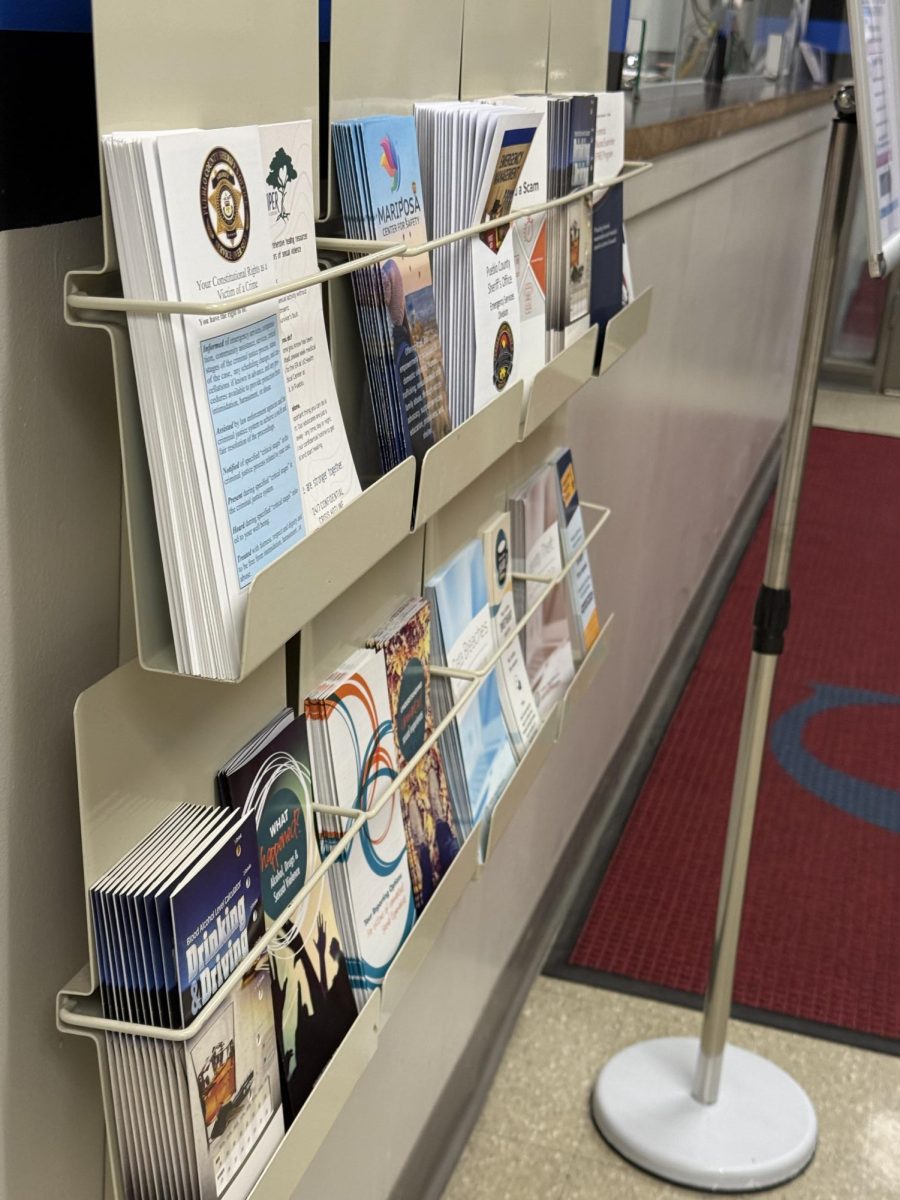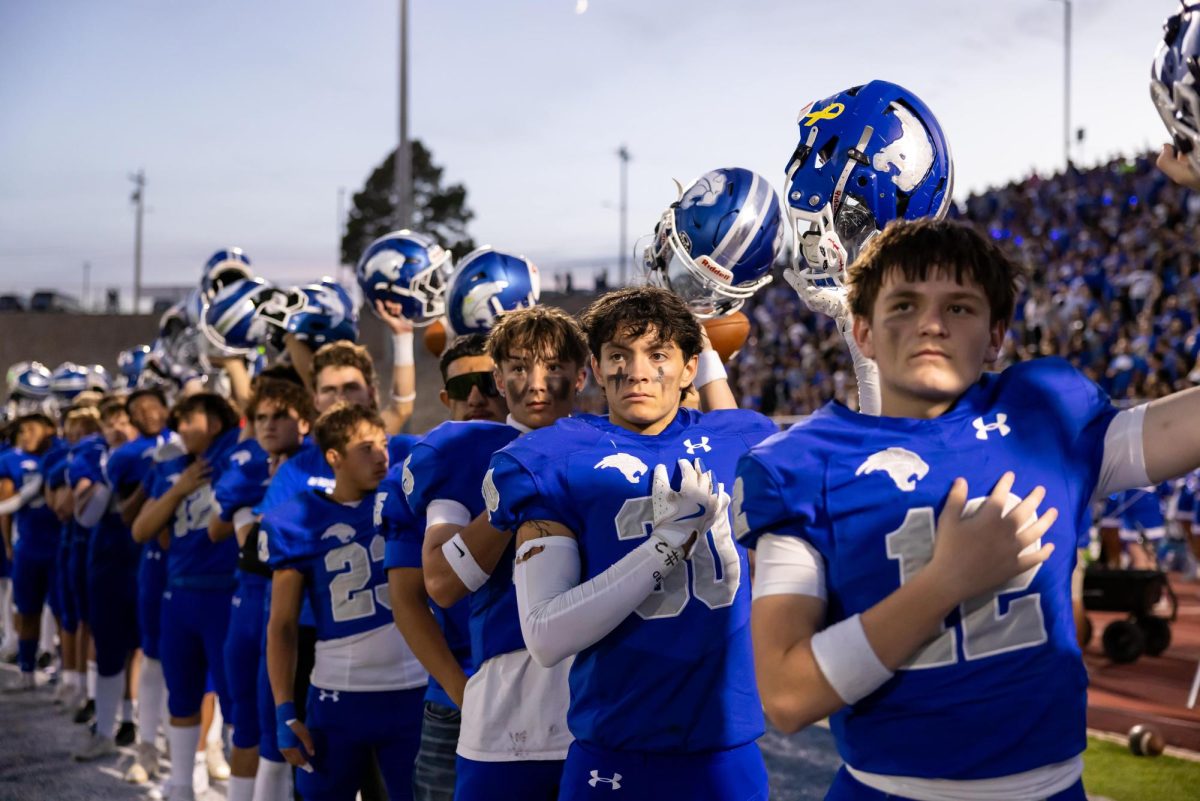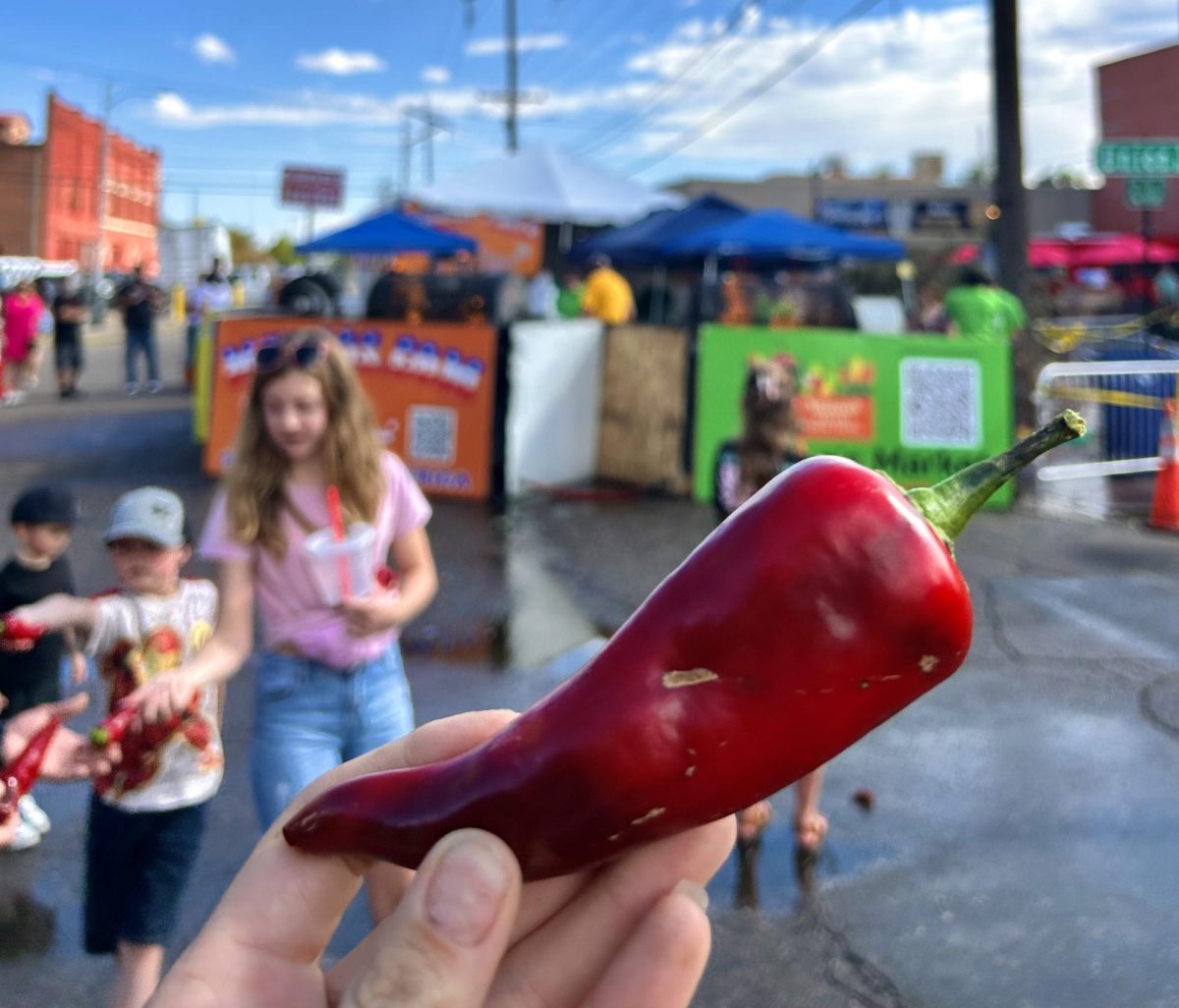Colorado State University Pueblo’s Hoag Hall will host its 14th annual Pueblo Keyboard Arts Festival from Oct. 31 through Nov. 2.
The festival will combine quality musical programs with educational opportunities for young and college-age pianists. All events are free for audience members to attend.
The 2024 festival will kick off Halloween night at 7 p.m. with the US premier of “Voices at the End,” a six-piano performance written by New Zealand composer John Psathas. The live piano performances will be in sync with digital audio and visual elements surrounding the theme of society’s relationship with the environment and addressing issues of our planet’s future.
This year, the beginning of the opening concert will be performed by alumni of the university for a fun way to include old musical friends. The rest of the piece will be performed by guest artists, some of whom are coming from Texas, Idaho, and Illinois.
“It is called ‘Voices at the End’ because each one of the movements ends with a voice, either poetry or important speech, that frames out the work. I think it’s very impactful. We are very proud to present that,” said Zahari Metchkov.
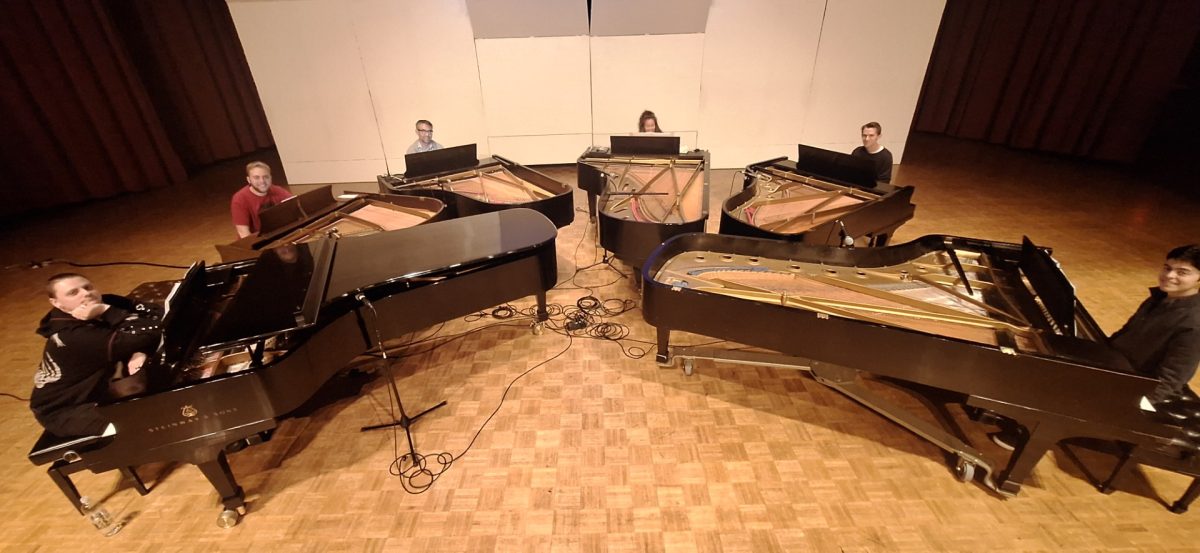
A native of Bulgaria, Metchkov serves as the artistic director for the Pueblo Keyboard Arts Festival and has done so since being hired at the university in 2010. He is a full professor in the university’s music department. Metchkov holds a Bachelor or Music degree in piano and organ performance, Master of Music in piano performance, and Doctor of Musical Arts in piano performance with a minor in music theory from the Cleveland Institute of Music.
The second day of the festival will host master classes for high school and middle school students in the community, allowing the students to work with professors and guest artists from the university and beyond. Metchkov believes audience members can learn a lot from simply watching the classes without playing the piano themselves.
The last day of the festival will begin in the morning with a Young Artist Competition that will offer cash prizes in the junior and senior solo and ensemble divisions. The competition will be judged by professional pianists who are looking for overall quality of presentations, the execution of the repertoire, stage presence, and preparation stability.
This year’s festival has confirmed 27 participants who applied to participate in the competition, which is a record-breaking number for the Pueblo Keyboard Arts Festival.
“Sometimes the difficulty of the piece is always considered, but it’s more important that the performance is well prepared and very polished,” Metchkov said.
Part of Metchkov’s job is to develop long-term partnerships with the community and local organizations in support of the festival to assist with the cash prizes. While the event is free to attend, the festival always accepts donations due to half of its budget relying on generous gifts.
“The purpose of the competition is not necessarily to have winners and losers, but to highlight people that have excelled and looked for that ‘near perfection’ presentation, which is impossible, but the pursuit for that is what matters for a young person. It’s also a wonderful opportunity for teachers and students to work towards that goal,” Metchkov said.
The festival will conclude with an evening “Monster” Piano Concert, an all-piano extravaganza featuring faculty, guest artists, current students, alumni, and friends. The concert celebration will include performers from children as young as 5 years old to retired professors.
“At last year’s ‘Monster Concert,’ I counted 80 different pianists participating, not altogether at the same time, but throughout the evening. That’s pretty amazing because pianists usually play alone or only with maybe a few other people,” Metchkov said.
The “Monster Piano Concert” has been a more recent development in the evolution of the Pueblo Keyboard Arts Festival since it began in the 2011 spring semester. The festival has grown with the interest of local teachers and students. The festival serves as a source of inspiration, knowledge, and one of the many elements that lead to the growth of the “complete musician.”
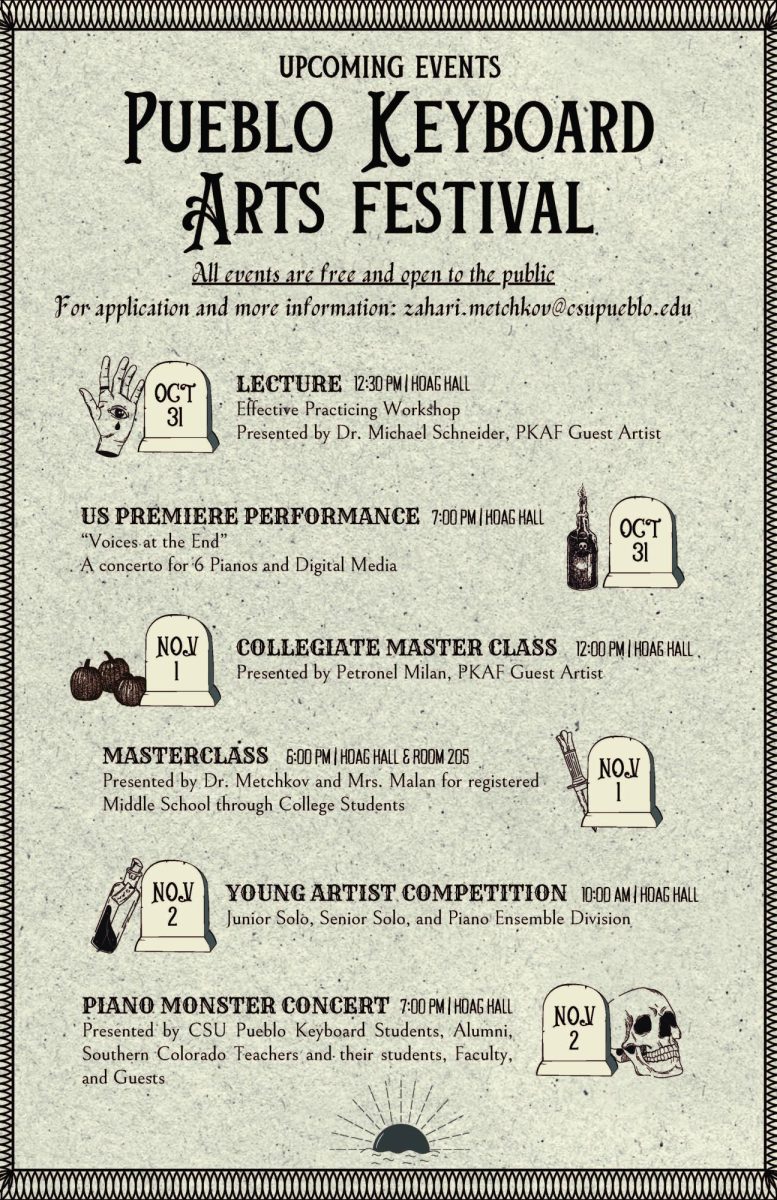




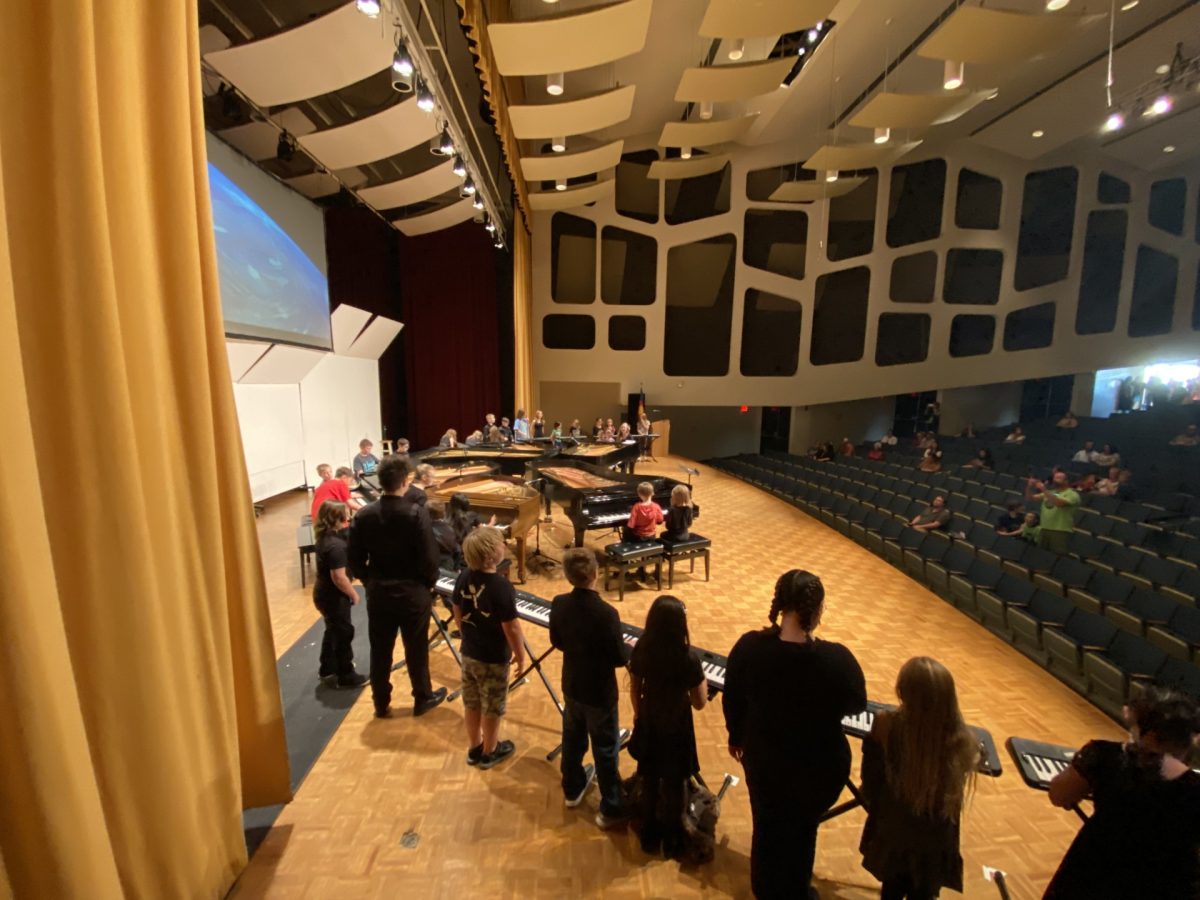

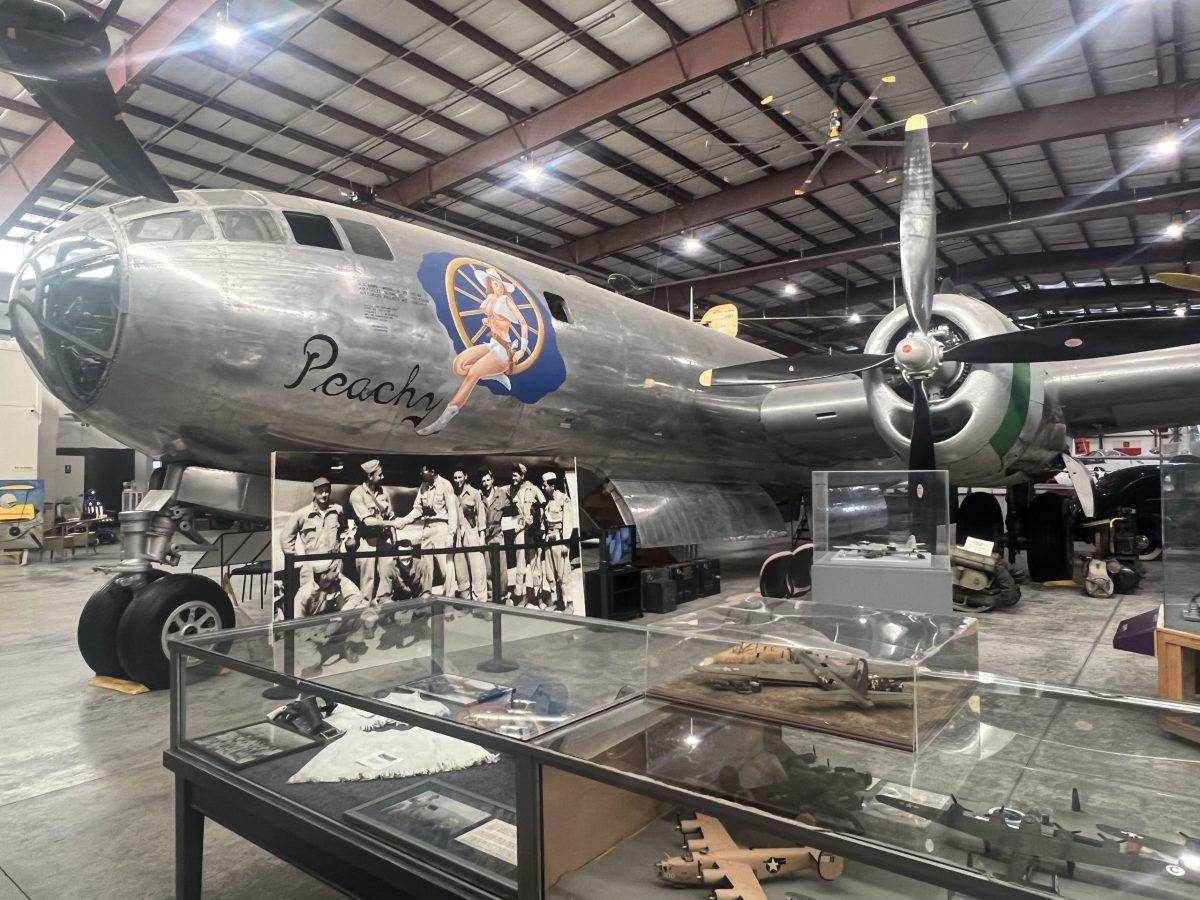
![The cast of 'The Music Man' puts on a show at the Sangre de Cristo Arts and Conference Center. [Courtesy photo/Rebecca Higgs]](https://socostudentmedia.com/wp-content/uploads/2022/07/IMG_2750-scaled-1-1200x900.jpeg)
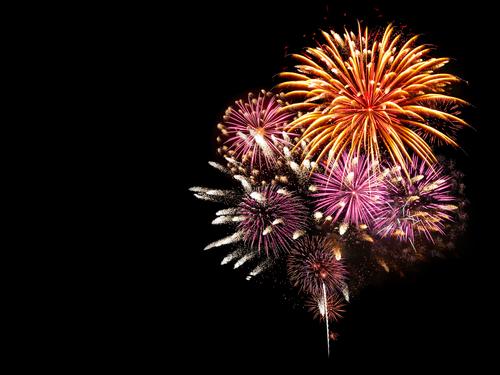
![[today photo/kimmy reinhardt]](https://socostudentmedia.com/wp-content/uploads/2022/06/288861240_1186473625471880_1380826292411936566_n.jpg)

